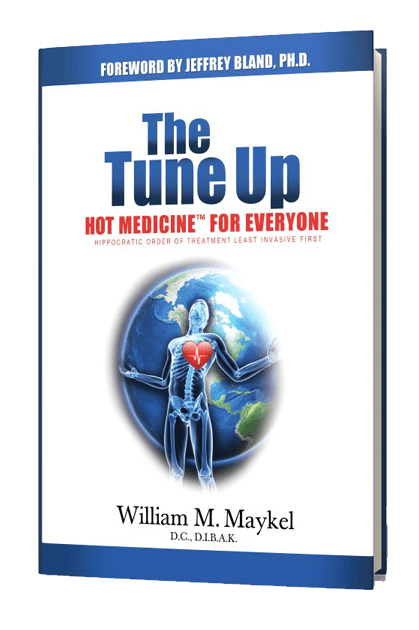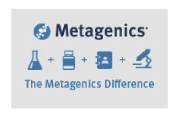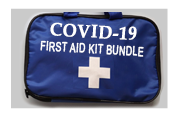1.
After thoroughly reviewing your personal and family health history, a postural analysis is done. Following this a functional analysis is performed of your four core complexes. The “challenge technique” is utilized to evaluate the presence of functional stress maladaptation patterns (MAPs) in the core complexes which are your cranium, pelvic-spinal, tarsal tunnel and upper extremity.
2. Bilateral muscles are tested which relate to the following systems:
a. Digestive, (stomach, pancreas, liver, gallbladder, small intestine, and large intestine)
b. Immune (thymus, spleen, small intestine) – Related reflex points are tested: They are for food, and mold sensitivities, a leaky gut, parasites, and mold overgrowth.
c. Endocrine – pineal, hypothalamus, pituitary, thyroid, adrenals, reproductive organs.
d. Cardio pulmonary – heart, lungs, diaphragm (hiatal hernia).
e. Lymphatic – thoracic duct drainage and organ specific neurolymphatic reflexes.
3. If indicated Neuromuscular Sensitivity Testing is performed. In this test-Manual Muscle Testing (MMT) is utilized to evaluate molds, food chemicals and all the major food groups for sensitivity. This correlates with IGG testing.
4. Clinical Lab Work: All previous related lab work is reviewed and new lab work is ordered as indicated.
5. Bio Impedance Analyzer (BIA), this is a – non-invasive measurement of your body composition (fat, muscle, water-intra and extra cellular). A measurement called the phase angle gives a quick snapshot of your cell membrane vitality.
6. Immune enhancing herbs as outlined in Stephen Harrod Buhners texts for Lyme Disease – Immune enhancing herbs for lyme, babesia and borellia are tested for using MMT to see which one or combination thereof will benefit you the most. These may be used with antibiotic therapy or as a stand-alone.
7. Endopat – This is a 15 minute non-invasive test that provides measurement of your endothelial health. The test consists of putting one probe at the end of each index finger. One brachial artery is occluded for 5 minutes. Upon reperfusion your test artery should score 1.68 or higher for healthy endothelial function. This number is called the RHI or reactive hyperemic index. If it’s below this dietary changes are given to increase your score. Endothelial dysfunction precedes heart attack and stroke by decades and is considered to be the “risk factors of all risk factors.”








